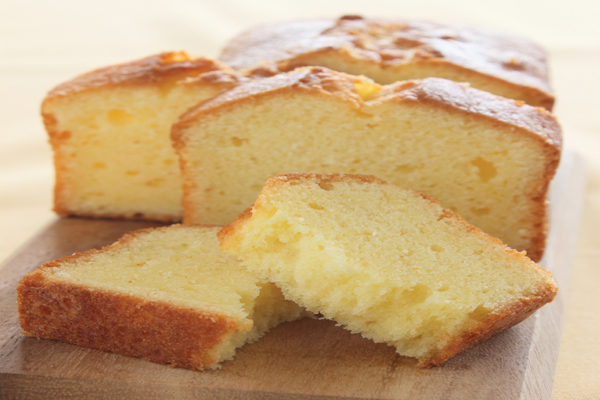Raising the game

Baked goods are highly complex products. Key quality characteristics such as stability and texture depend on the perfect interplay of several ingredients.
Changing key constituents may seriously affect leavening, which largely accounts for product aeration and volume. In the wake of today’s free from trend, however, industrial bakeries increasingly dispense with traditional ingredients like salt, eggs or gluten in baked goods. They need to rely on leading ingredient solutions to ensure their products meet today’s consumer trends and quality requirements.
Regulators and health conscious consumers have triggered a run for baked goods without sodium, egg, gluten. The global market for gluten-free products, for instance, is projected to reach $4.89 billion by 2021, growing at an annual rate of 7.7 per cent between 2015 and 2021, according to a recent Gulfood study.
In 2014, bakery products held the largest market share by both value and volume among all gluten-free products, and the situation is unlikely to change anytime soon.
European consumers are heavily purchasing free from products, either because of perceived health benefits or increased concerns over food intolerances. These trends call for ingredient alternatives that speak to dietary needs while securing optimum baking properties.
The key to optimum aeration
For a muffin to show the perfect form and texture, it takes a certain temperature, raising agents and a protein such as gluten, among other things. In combination these factors set off a complex chain of chemical reactions, ultimately leading to the characteristic shape and tender texture of the miniature cake. Different raising methods are put to use across the industry, each one controlling the product’s structure in a different way.
Industrial bakeries mainly rely on chemical and physical processes, such as air, steam and numerous mixtures of carbonates to achieve the desired results. Compared to biological raising agents such as yeast or sour dough, they can function at higher temperatures and allow to trigger leavening processes in a more targeted manner. But just like their biological counterparts, they prove highly sensitive to changes in the overall recipe.
Replacing gluten with another vegetable protein, for instance, might cause the dough system to build firmness at a different point in time – with possibly unwanted effects on the leavening process. If disrupted, the latter can result in a poorly aerated product, which considerably affects density and consequently the overall quality.
Meeting dietary requirements
However, ICL Food Specialties has been working to meet such challenges posed by the free from trend. Its product portfolio includes Bekabake LA 9, an ingredient system which is said to achieve the same leavening results in muffins as traditional sodium aluminium phosphates (SALP), the use of which is strictly limited in the European Union since 2014.
Depending on the region, consumer habits and regulations target different baking ingredients. Regarding sodium, South Africa signed a salt regulation into law in 2013, reducing the salt content in several foodstuffs. With regards to eggs, traditional habits in countries such as India or Israel require egg-free alternatives with the same baking properties as the classical recipe.
It is virtually impossible to replace eggs with a single ingredient because of their complex blend of proteins interacting with other molecules in the bakery product. Hence, an effective systems approach is required.
Solutions such as ICL’s Bekabake EF line replace whole eggs in some applications and just egg whites in others. The system presents the same baking properties as the animal product and ensures optimum binding, aeration and flavour. Bekabake EF 2, for example, is a dry powder and pound-for-pound replacement of dried whole eggs. To substitute liquid whole eggs, which are 25 per cent solids, additional water is added along with Bekabake EF 2. The company also offers solutions for other free from products. Wheat free Bekabake EF 1 is useful in gluten-free applications. Bekabake BP sodium-free, in contrast, meets the need for a reduced salt intake while securing full taste. Free from solutions can also offer nutritional benefits in addition to replacing ingredients. Bekabake EF 2, for example, has a higher level of dietary fibre and carbohydrates.
With customised solutions such as these, manufacturers can create baked goods that satisfy both consumer trends as well as their own processing requirements.



